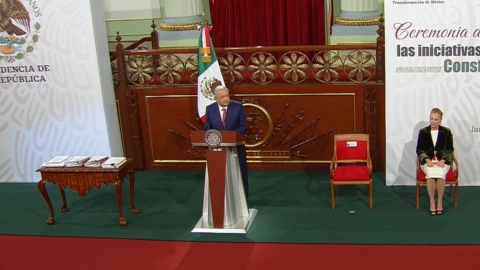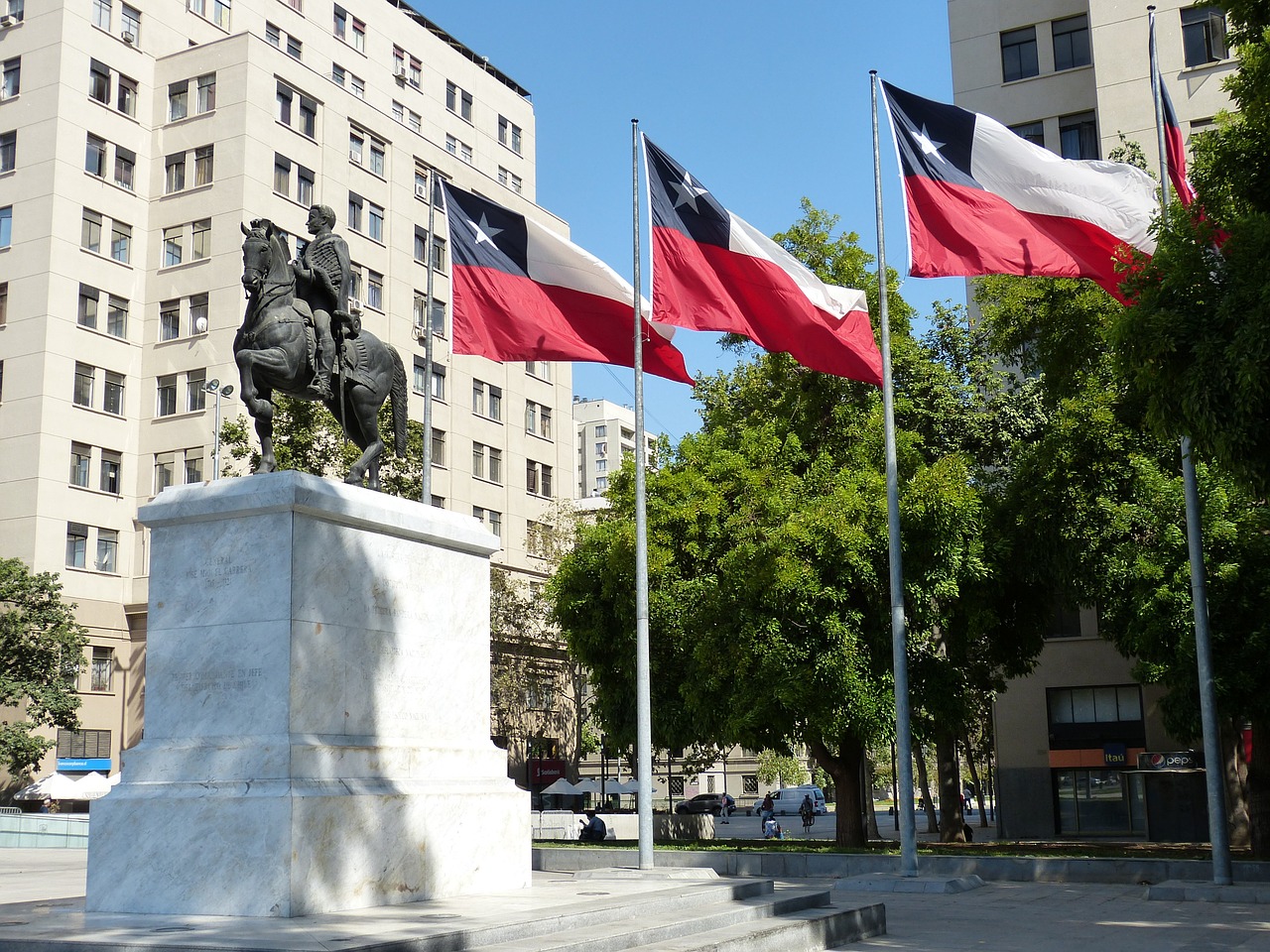The judicial reform in Mexico seems imminent, and investors have taken precautions in anticipation of what is considered a profound change, the consequences of which—positive or negative—remain uncertain. This week will be decisive, as the reform has already passed without issue through the first of the two legislative chambers, the House of Deputies, where the majority of the ruling party pushed it through.
Markets are unsettled, with the exchange rate holding near 20 pesos per dollar, representing a 21% depreciation compared to the closing rate before the June 2 election. Meanwhile, the country’s main stock exchange continues its erratic trajectory, closing August with a 0.42% drop and accumulating a year-to-date decline of 10.85%.
Julius Baer highlights some expected effects on Mexican markets. One major consequence, should the judicial reform be approved, would be that credit rating agencies could downgrade Mexico next year. Currently, Mexico holds “investment grade” status from the three most important global rating agencies.
Moody’s rates Mexico at Baa2; S&P at BBB; and Fitch Ratings at BBB-. All three agencies have a stable outlook for Mexico’s sovereign debt. Just last Thursday, SURA Investments stated that it did not foresee adjustments to Mexico’s credit rating in the short term, which is understood to mean within the next 12 months.
However, other immediate indicators reflect the risks perceived by the markets regarding the judicial reform. According to Julius Baer, the Mexican peso will remain under pressure, prompting a revision of their year-end forecast for the currency to 20 pesos per dollar. It’s important to note that the peso was trading at 16.53 pesos before the June 2 election.
“The Mexican peso has depreciated 0.24% since Wednesday, surpassing the 20 USD/MXN level. It has weakened by 15% year-to-date against the USD due to fears of a U.S. slowdown, the unwinding of JPY-financed trades, and the constitutional reforms,” their analysis notes.
What Does the Judicial Reform Propose?
The controversial judicial reform proposes that all judges in the country, including those on the Supreme Court, be elected by popular vote in 2025 and 2027. This raises concerns that judicial decisions could eventually be biased toward those who supported the candidates.
Julius Baer warns that although the economic impact is not yet fully clear, markets are concerned about the potential weakening of the rule of law and the concentration of judicial and executive power, which could reduce oversight and accountability.
Just this past weekend, the U.S. newspaper *The Wall Street Journal* reported that U.S. companies had delayed plans to invest around 35 billion dollars in Mexico due to concerns about how the approval of the judicial reform could affect their businesses.
This amount is significant as it is nearly equivalent to Mexico’s average annual foreign direct investment.



